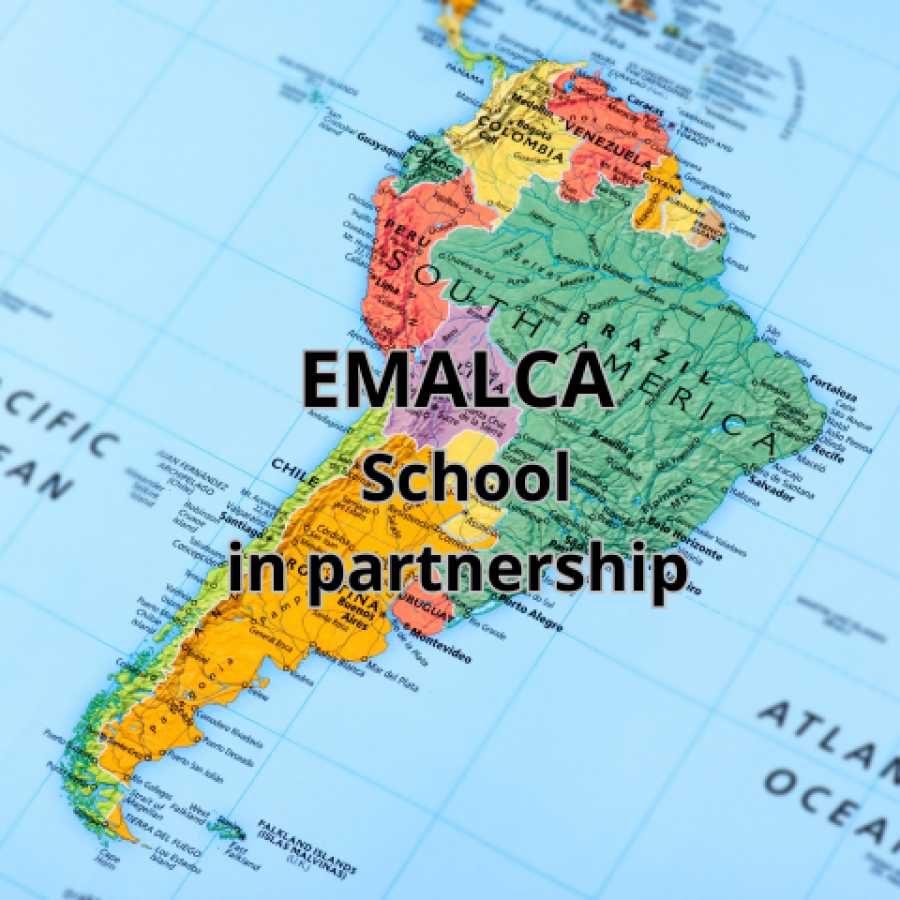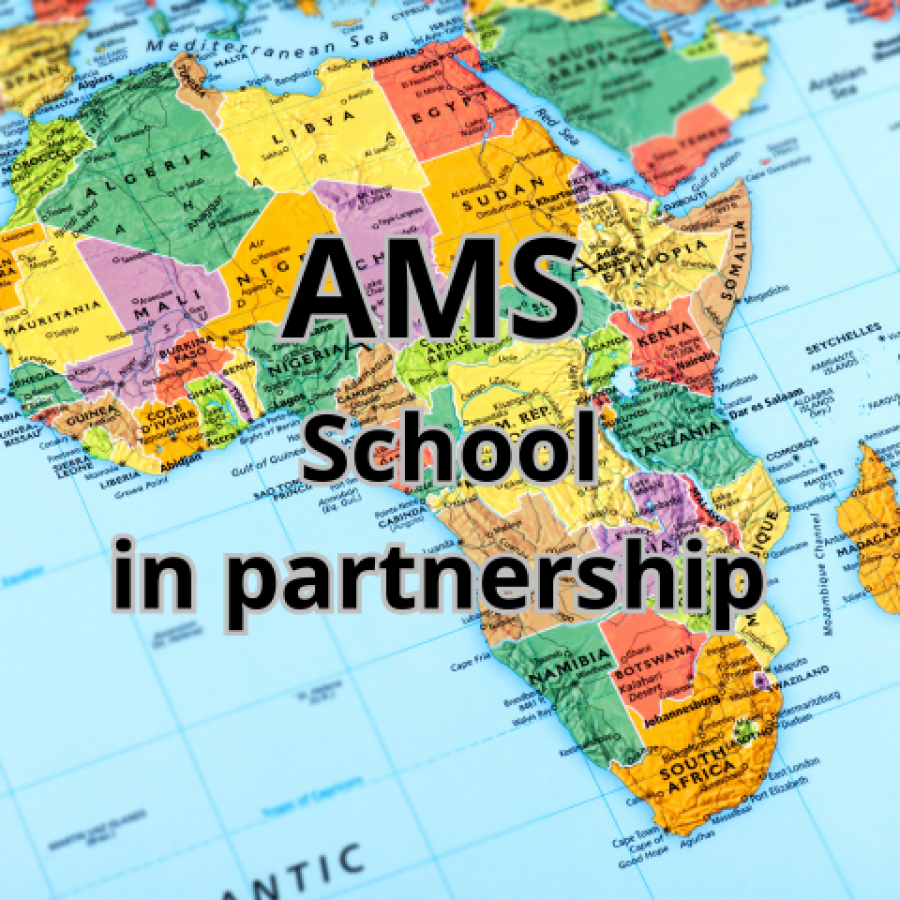Coordinator: Dr. Jeevan Kafle, Assistant Professor, Central Department of Mathematics, TU, Nepal (jeevan.kafle@cdmath.tu.edu.np)
Algebra, Number Theory and their Applications to Cryptography
Coordinator: Andam Ali Mustafa, Salahaddin University-Erbil andam.mustafa@su.edu.krd
EMALCA 2024 Cuba
Gerandy Brito (Coordinador principal) and Gerónimo Uribe Bravo
EMALCA 2024 Colombia
Ruth Alejandra Torres Rubiano (Fundación Universitaria Konrad Lorenz)
EMALCA 2024 Costa Rica
Rafael Zamora Calero, Universidad de Costa Rica
Divers aspects des surfaces
Coordinators: Hacen Zelaci (zelaci-hacen@univ-eloued.dz) & Adrien Boulanger, Aix-Marseille Université, France (adrien.boulanger@univ-amu.fr)
2025 ICTP-EAUMP Summer School on Real and Harmonic Analysis
Coordinators: Celestin Kurujyibwami,(celeku@yahoo.fr) & Balazs Szendroi, University of Vienna,
Austria (balazs.szendroi@univie.ac.at) & Emanuel Carneiro, ICTP, Italy (carneiro@ictp.it)
Arithmétique, Géométrie, Calcul Formel et Applications (AGCFA)
Coordinators: Régis Freguin BABINDAMANA (regis.babindamana@umng.cg) & Christian Maire, Université de Franche-Comté, France (christian.maire@univ-fcomte.fr)




